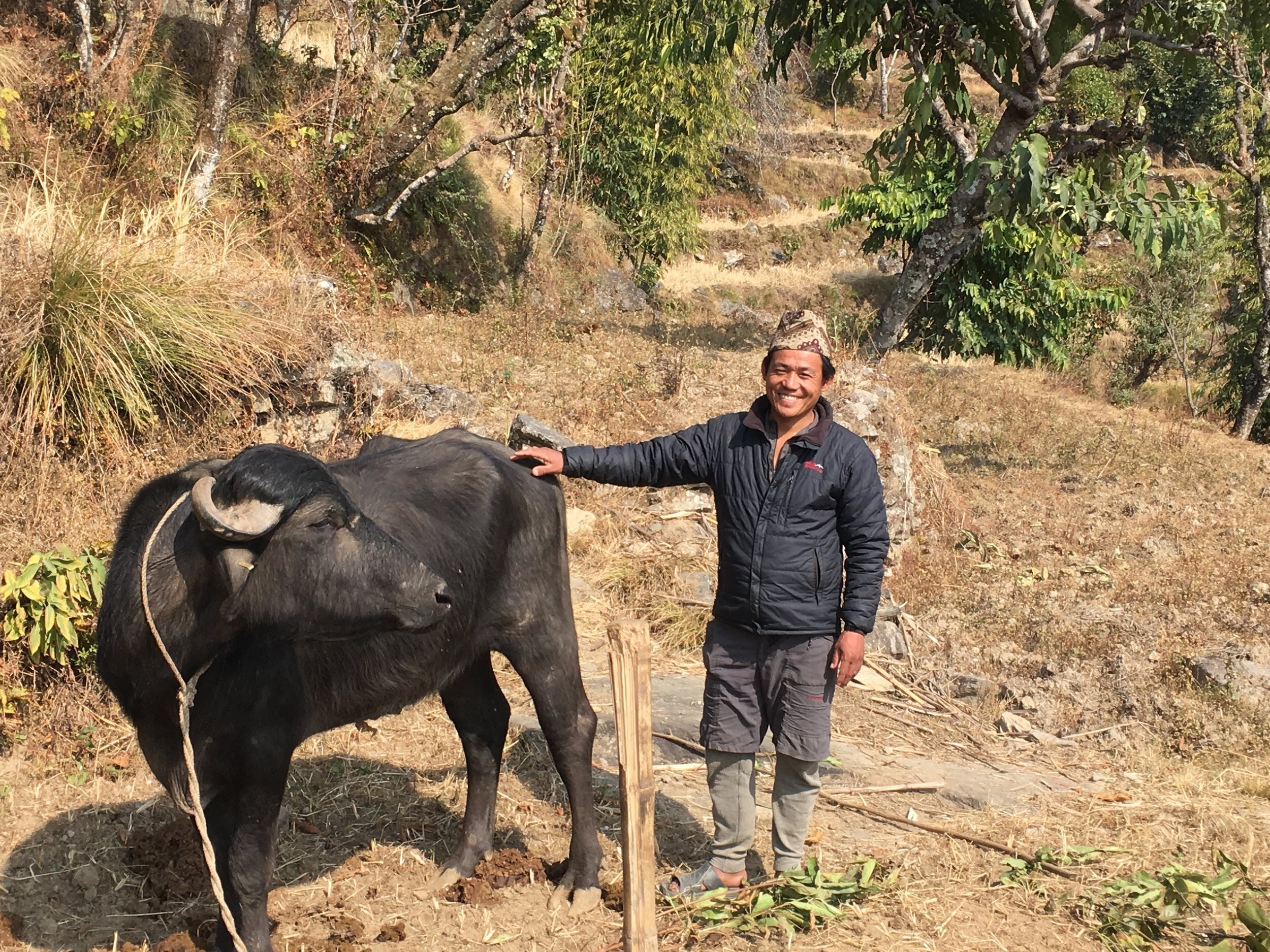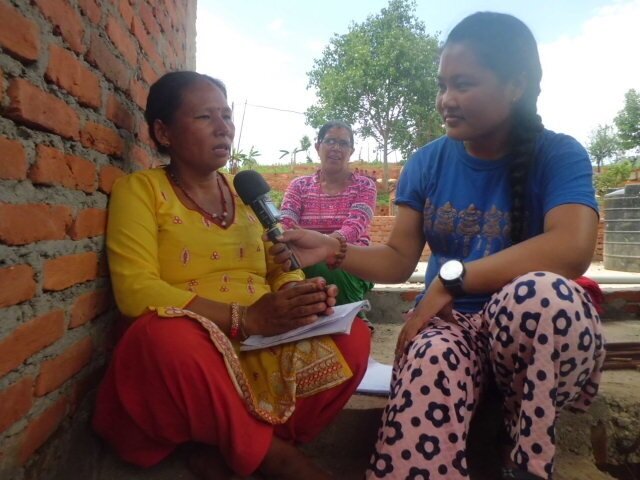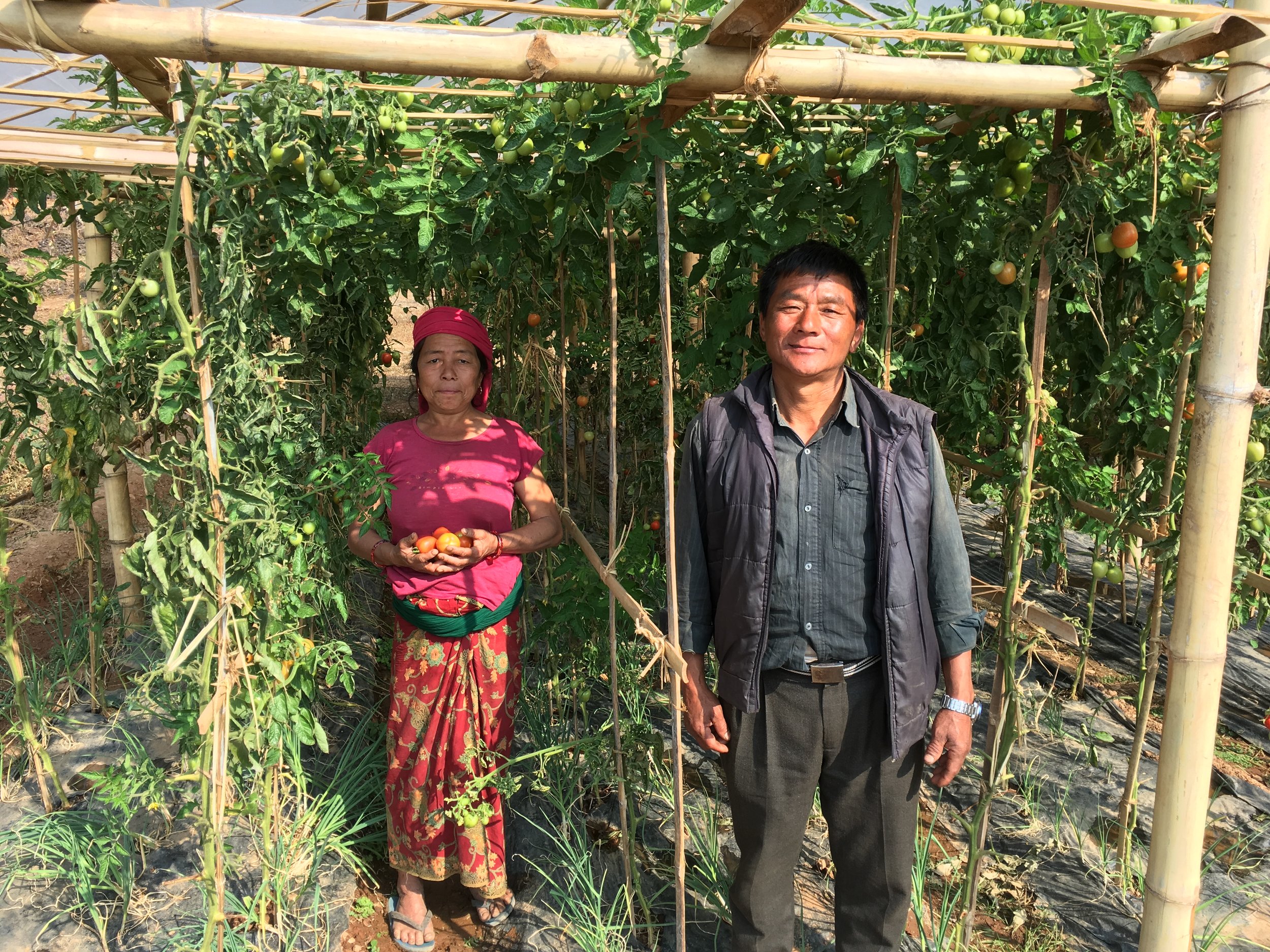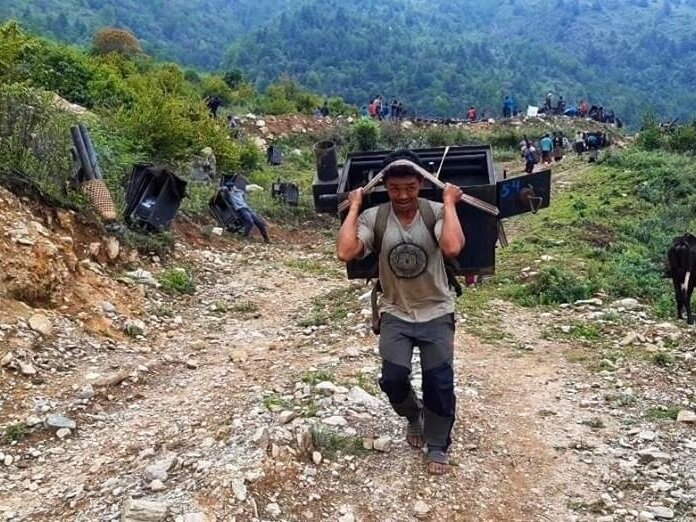A message from our UK Co-Director, Ruby Glasspool:
The Glacier Trust is recruiting. We are looking for a new Executive Director to lead the organisation and take forward our work enabling climate change adaptation in Nepal.
Full details are available on our jobs page. We encourage you to take a look and to help spread the word, we want a long list of talented candidates to interview.
Richard Allen, who is based in Kathmandu, is our Project Liaison (Nepal) and will continue the vital role he plays in nurturing our relationships with our NGO and University partners.
Richard will be on hand to support our new Executive Director throughout the year. We're confident this structure will help TGT to flourish and grow in the coming years.
As for me, I am moving on to new projects and will remain an avid supporter of The Glacier Trust. I will be on hand as much as required to support the new director in the transition.
I want to take this opportunity to say thank you to everyone who has supported our work. It has been a privilege to lead The Glacier Trust in that time and your support has made our achievements possible. Thank you.
If you would like to come and work for us, please take a look at our new Executive Director position and make your application. I can tell you from first hand experience that it is an incredible position. It will teach you so much, and take you to some of the world's wildest and most wonderful places.
The closing date is September 18th, we are interviewing on Wednesday 27th September 2023.











